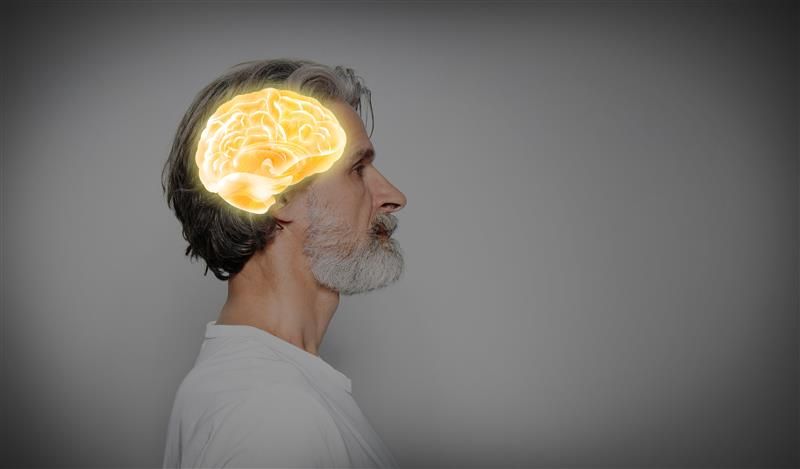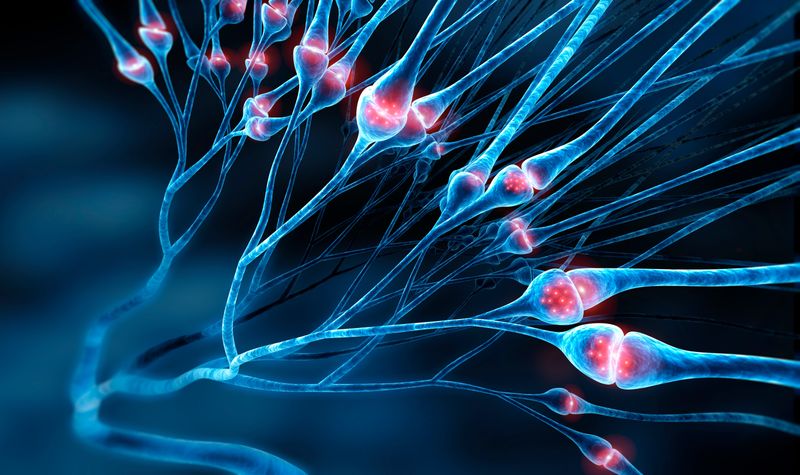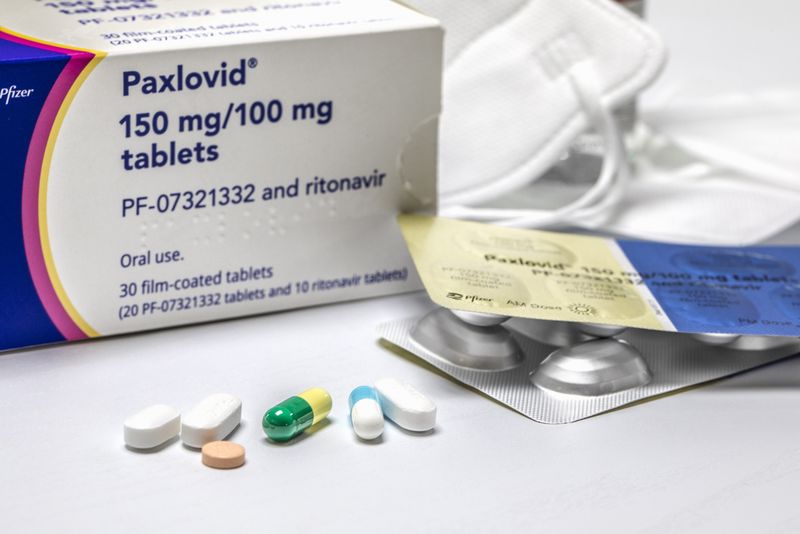Researchers have discovered that the long-term administration of low-dose tetrahydrocannabinol (THC), the primary psychoactive part of cannabis, may have an overall anti-aging effect, especially in the brain. Although this study focused on mice, the researchers hope the results may set the stage for future treatments of age-related cognitive decline in humans.
Cognitive decline is often an outcome of the aging process. Although there are various factors that can contribute to it, one important example is the deterioration of brain cells and their connections. This process may be linked to what is called the endocannabinoid system (ECS), which regulates and controls many of our body’s critical functions, such as learning, memory, emotional processing, sleep, pain control, and more.
In particular, previous research has shown that the cannabinoid receptor type-1 (CB1), which is a major component of the ECS and is abundant in the brain, could be connected to brain aging. Mouse studies have shown that the loss of CB1 can lead to enhanced age-related deficits in learning, memory, and neuron survival, as well as higher signs of neuroinflammation.
These findings begged an obvious question: could enhancing CB1 activity with low doses of something like THC reverse this decline? This is what the researchers in this latest study set out to investigate. They wanted to know how THC could affect mTOR, a protein that regulates cell functions, including cell division, survival, and metabolism. This protein’s signaling has been linked to cognitive performance as well as aging.
During their research, scientists from University Hospital Bonn (UKB) and the University of Bonn, in collaboration with Hebrew University in Israel, tested a group of male mice that were either 4 months old (young) or 18 months old (old). These test subjects were randomly assigned either a low dose of THC or a placebo over a 28-day period.
The researchers focused on specific areas, such as brain function, the amount of synaptic signaling between specific proteins, and the mice’s overall metabolic state. Throughout the study, the team monitored the mice – their weight, activity levels, and food intake – while also analyzing the biochemistry of their brains, blood plasma, and the fat in their tissues. This allowed them to see how THC impacted mTOR signaling and their metabolome.
The results showed that the older mice experienced a temporary but significant increase in mTOR activity, especially in their hippocampus region. This region is important for learning and memory. At the same time, the increase in mTOR activity was accompanied by a greater level of synaptic proteins that are crucial for forming new synapse connections.
“We have now been able to show that treatment with THC has a tissue-dependent and dual effect on mTOR signaling and the metabolome," Dr Andras Bilkei-Gorzo from the Institute of Molecular Psychiatry at the UKB and a researcher at the University of Bonn said in a statement.
Surprisingly, the team also found that the treatment enhanced the mice’s overall metabolic states and lowered levels of mTOR in their fat tissue. This was accompanied by a reduction in the levels of amino acids and carbohydrate metabolites in blood plasma, which is often seen in low-calorie diets or after intense physical activity.
"We concluded that long-term THC treatment initially has a cognition-enhancing effect by increasing energy and synaptic protein production in the brain, followed by an anti-aging effect by decreasing mTOR activity and metabolic processes in the periphery," Bilkei-Gorzo concluded. "Our study suggests that a dual effect on mTOR activity and the metabolome could be the basis for an effective anti-aging and cognition-enhancing drug."
Despite the promising results, the study has its limits. The obvious one being that it is based on mice, which although useful as models for humans, still have considerable biological differences. It is not clear whether humans would experience the same effects from this type of treatment.
At the same time, more research needs to explore how different doses of THC over different periods of time may impact the results. Finally, other research has raised concerns about the prolonged exposure to cannabinoids, so more work is needed to assess the long-term influences of THC more generally.
The study is published in ACS Pharmacology & Translation Science.





